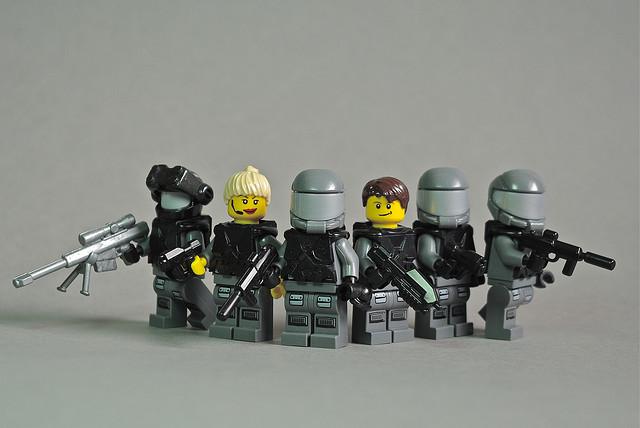
Welcome back for another round-up of new reports, videos and podcasts in defence and international security!
US President Barack Obama has announced the authorisation of two operations in Iraq: targeted airstrikes against IS convoys to protect American personnel in the city of Erbil and a humanitarian effort to assist Iraqi civilians. Of note to partners like Australia, no American combat troops will be returning to Iraq. Watch the video here or read the full transcript here. Meanwhile, Stephen Walt argues in a piece entitled ‘Do No (More) Harm’ that it’s time for the US to walk away from the Middle East. (update: an earlier version stated the title of Walt’s piece as ‘Let It Bleed’)
Al-Qaeda, not Islamic State, is likely to pose the top jihadist threat to Western countries in three to five years. That’s the assessment of Daveed Gartenstein-Ross who explores why none of al-Qaeda’s branches have pledged allegiance to IS and what the implications are for global security of AQ’s tenacity. He notes: ‘Baghdadi and IS have attracted a large number of followers, but the A-list jihadist talent remains in al Qaeda’s camp.’ Keep reading here.
Missed this week’s Foreign Correspondent on the Norwegian military’s progressive gender experiment? Watch the full episode (including transcript) on the show’s site here. The episode explored the co-habitation of male and female border guards as part of a broader vision to create a cohesive unisex defence force. For more on what’s driving Norway’s defence gender agenda, see this Deutsche Welle reporting on the Norwegian Armed Forces’ plans to introduce female conscription by 2015.
RSIS’ Euan Graham has a report on maritime hotlines in East Asia. He argues that although they’ve been of limited use in the region, there’s growing policy interest given China’s coercive behaviour towards ASEAN states in the South China Sea. For more on their use in crisis management, keep reading here.
Sticking with maritime issues, Sam Bateman has a new commentary on how the resolution of the Bangladesh-India maritime boundary could be a model for the South China Sea.
With the release of Japan’s new defence white paper, here are some useful readings on Japan’s strategic circumstances. The first by University of Sydney’s Thomas Wilkins looks at Japan’s grand strategy and new strategic partnerships, including ‘intra-spoke’ cooperation (of course, referencing the ‘hub and spokes’ model of the San Francisco system). The second by Tokyo Foundation senior fellow Akiko Fukushima focuses on the National Security Strategy’s pledge to make a ‘proactive contribution to international peace’.
For this week’s audio offering, here’s my latest CIMSEC Sea Control podcast with the ANU’s Peter McCawley and Ross Tapsell on what the latest election means for Indonesia’s regional and global role. On the domestic side, check out this New Mandala video with Ross Tapsell, Ed Aspinall and Ariel Heryanto discussing what it means for Indonesia’s democracy and the use of soft power during the election.
Events
Strategy buffs, come watch Professor Eliot Cohen of Johns Hopkins University speak on the strategic utility of land power in the Australian context at a free ASPI event in Canberra, Tuesday 12 August at 5.30pm. For more details see here.
If you’re interested in energy security, the United Nations Association of Australia is holding a seminar on security Australia’s energy future in Melbourne, Friday 15 August. For more details and registration, see here.
Natalie Sambhi is an analyst at ASPI and editor of The Strategist. Image courtesy of Flickr user Andrew Becraft.